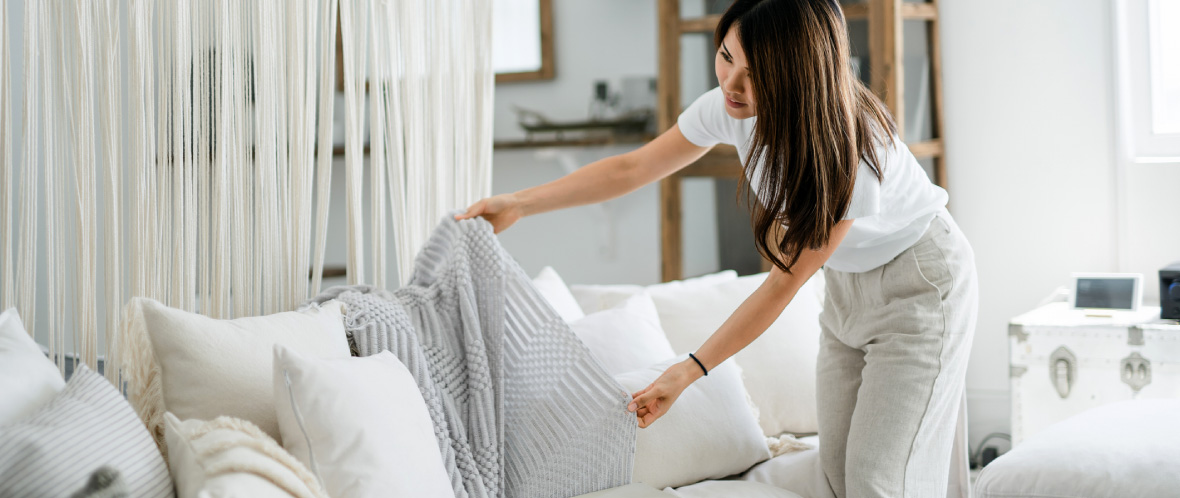In recent years, with the widespread pandemic, Hong Kong citizens have increasingly emphasized environmental cleanliness and disinfection. However, research from the Chinese University of Hong Kong's Faculty of Medicine has found that exposure to microorganisms in the environment is crucial for enhancing the immune system and resistance. Excessive cleaning can reduce people's contact with beneficial microorganisms, thereby affecting the normal development of the immune system. Over the long term, this may increase the risk of developing allergies such as eczema. While pursuing cleanliness, we must also be mindful of the risks of over-cleaning.
The Relationship Between Over-Cleaning and Gut Microbiota
Gut microbiota plays a crucial role in maintaining a healthy immune system. Professor Zhang Lin, Assistant Professor at CU Medicine’s Department of Medicine and Professor Siew Ng, Professor of CU Medicine’s Department of Medicine and Therapeutics and Director of Microbiota I-Center (MagIC) stated that excessive cleaning hinders the healthy development of gut microbiota in infants, thereby affecting the normal development and function of the immune system and increasing the risk of allergies. Research from the CUHK Faculty of Medicine indicates that the incidence of allergies in infants born during the pandemic increased by 46% compared to those born before the pandemic. This suggests that over-cleaning the environment reduces the diversity and richness of gut flora and affects natural antimicrobial peptide genes related to immune function, leading to incomplete functioning of the immune system and increasing the risk of allergies such as eczema and asthma.
The Relationship Between Gut Microbiota and Skin Health
Gut microorganisms can release immune factors and metabolites that affect skin health through blood circulation, thereby triggering allergic problems such as eczema.
Recommendations for Allergy Prevention
The research team at the CUHK Faculty of Medicine urges everyone to examine their daily cleaning habits and avoid overcorrection.
Moderate Cleaning
Avoid excessive use of detergents and cleaning frequency; clean only when necessary.
Teach Children Good Personal Hygiene
Cultivate good personal hygiene habits, such as regularly washing hands with soap and water, without excessive use of sanitizers or sprays.
Diversified Exposure
Allow children to be exposed to different environments and substances, such as outdoor activities in parks or farmland, to establish healthy gut microbiota and reduce the risk of allergies.
Probiotic Supplementation
Take probiotics to supplement beneficial gut microorganisms and help restore the balance of gut microbiota.
Avoiding a completely sterile, germ-free environment is not the same as neglecting hygiene. While disinfection can reduce the risk of viral infections, over-cleaning may increase the risk of allergies. We need to strike a balance between cleanliness and immune health, avoiding extremes and excess. Through moderate cleaning, diversified exposure, and probiotic supplementation, we can effectively reduce allergy risks and protect our health.

